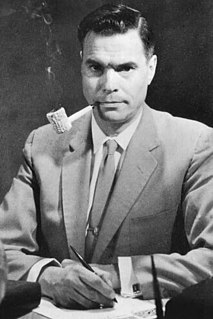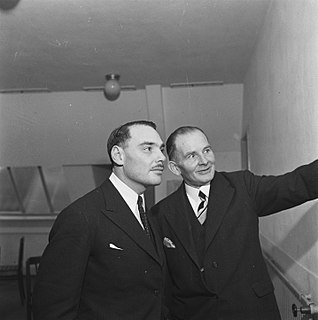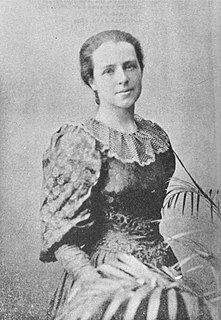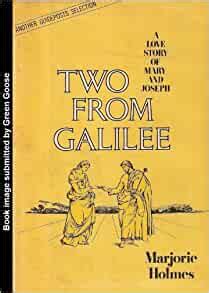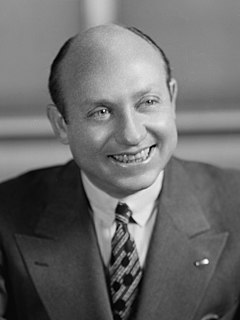A Quote by Nelson Mandela
An initiative was essentially led by civil society because the policy of the government was that Africans must not be taught to graze in pastures which were reserved for the main white group.
Related Quotes
There were tens of thousands of pilgrims, from all over the world. They were of all colors, from blue-eyed blonds to black-skinned Africans. But we were all participating in the same ritual, displaying a spirit of unity and brotherhood that my experiences in America had led me to believe never could exist between the white and non-white.
We must have a government which is not only a guarantor of public order and safety and which preserves the right of White citizens to keep and to bear arms, which is the ancient hallmark of a truly free people, but we must have government which maintains an eternal vigilance against the enemies, both internal and external, of a White America.
America, in the eyes of the world, typifies above all else this quality of initiative. The greatest successes are nearly all the fruit of initiative. Why do we hold in such high esteem the achievements of the Wright brothers? Because they were illustrious examples of initiative and tenacity. And ideas are born of initiative, the children of men and women of initiative. Advancement is applied initiative. Don't imitate. Initiate.
I was brought up by a Victorian Grandmother. We were taught to work jolly hard. We were taught to prove yourself; we were taught self reliance; we were taught to live within our income. You were taught that cleanliness is next to Godliness. You were taught self respect. You were taught always to give a hand to your neighbour. You were taught tremendous pride in your country. All of these things are Victorian values. They are also perennial values. You don't hear so much about these things these days, but they were good values and they led to tremendous improvements in the standard of living.
Every time there has been an attempt to disturb it, it led to two things. It led to immediate intense conflict with China, and it led to a reaffirmation in the end, because nobody wanted a major confrontation with China to this principle of a "one China" policy within which Taiwan is finding a place now. Its own position has greatly improved since the Nixon policy. It is richer, it is stronger and it is participating in many international organizations.
Among Negroes of my generation there was not only little direct acquaintance or consciously inherited knowledge of Africa, but much distaste and recoil because of what the white world taught them about the Dark Continent. There arose resentment that a group like ours, born and bred in the United States for centuries, should be regarded as Africans at all. They were, as most of them began gradually to assert, Americans. My father's father was particularly bitter about this. He would not accept an invitation to a 'Negro' picnic. He would not segregate himself in any way.
[T]here are, at bottom, basically two ways to order social affairs, Coercively, through the mechanisms of the state - what we can call political society. And voluntarily, through the private interaction of individuals and associations - what we can call civil society. ... In a civil society, you make the decision. In a political society, someone else does. ... Civil society is based on reason, eloquence, and persuasion, which is to say voluntarism. Political society, on the other hand, is based on force.
In the 1940s, traveling for an African was a complicated process. All Africans over the age of sixteen were compelled to carry 'Native passes' issued by the Native Affairs Department and were required to show that pass to any white policeman, civil servant, or employer. Failure to do so could mean arrest, trial, a jail sentence or fine.


